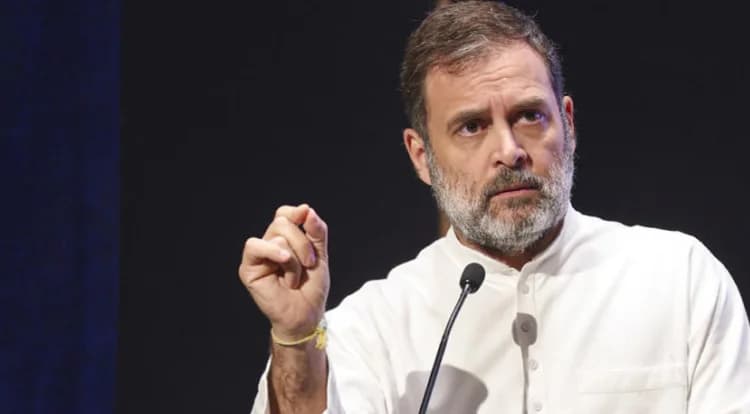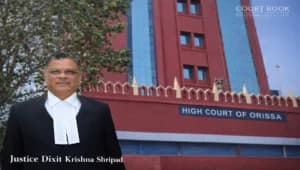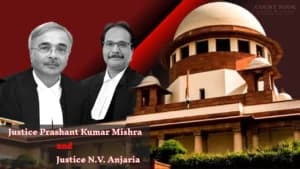The Gauhati High Court has set aside an order of a lower court that permitted summoning of three additional witnesses in the 2016 defamation case filed against Congress leader and MP Rahul Gandhi. Justice Arun Dev Choudhury, while pronouncing judgment on October 13, 2025, said the lower court’s decision was “arbitrary and legally unsustainable”, holding that it went beyond the limits of its revisional jurisdiction.
The matter stems from a 2015 speech in Barpeta, Assam, where Gandhi had reportedly alleged that RSS workers had prevented him from visiting a Satra, a traditional Vaishnavite monastery.
Background
The controversy dates back to December 12, 2015, when Rahul Gandhi participated in a Padayatra and addressed a rally at Medhirtari in Barpeta. A local RSS functionary, Anjan Kumar Bora, later lodged a complaint alleging that Gandhi’s remarks, published in The Times of India and Dainik Agradoot, had defamed the RSS and created communal tensions ahead of the Assam elections.
The case, registered under Sections 499 and 500 of the Indian Penal Code, has been moving through various courts for nearly a decade.
Initially, the trial magistrate had rejected the complainant’s plea to bring three new witnesses, calling it “vague and lacking justification.” However, in 2023, the Additional Sessions Judge overturned that decision, allowing the witnesses to testify - a move now nullified by the High Court.
Court’s Observations
Justice Choudhury’s 43-page order offers a detailed interpretation of Section 254(2) of the Criminal Procedure Code (CrPC) - the provision that allows complainants in summons cases to produce additional witnesses.
The bench emphasized that while magistrates have “wide discretion” under the section, it must be used judicially and with sufficient reasoning.
“The application filed before the Magistrate was wholly vague and bereft of particulars,” the court observed. “To exercise discretion based on such a general statement would amount to encouraging procedural laxity.”
The judge also clarified that the revisional court cannot substitute its own view for that of the trial court unless a clear procedural or jurisdictional error exists.
“The Revisional Court mechanically interfered with the reasoned order of the Magistrate without recording any finding of necessity,” the bench noted, adding that this amounted to a “patent illegality”.
Importantly, Justice Choudhury drew a distinction between Sections 254(2) and 311 of the CrPC - the latter being used to summon witnesses essential to the “just decision of the case.” The court said importing that higher threshold into Section 254(2) would “unduly constrict” the discretion granted to magistrates.
Read also:- Chhattisgarh High Court rules daughter cannot claim father’s pre-1956 property; applies Mitakshara
Decision
Concluding the matter, the High Court quashed the Sessions Court’s order dated September 22, 2023, and restored the trial magistrate’s 2023 decision rejecting the plea for additional witnesses.
“Such arbitrary exercise of discretion cannot be allowed to stand,” the judge said firmly.
The court further directed the trial magistrate to expeditiously conclude the case, citing the Supreme Court’s guidelines for speedy trials of cases involving sitting legislators, as laid down in Ashwini Kumar Upadhyay vs. Union of India (2023).
With this, the long-running Barpeta defamation case against Rahul Gandhi now returns to the trial stage - minus the three additional witnesses the complainant had sought to bring in.
Case Title: Rahul Gandhi v. State of Assam & Anjan Kumar Bora
Case No.: Crl. Rev. P. No. 283 of 2024
Date of Judgment: October 13, 2025















